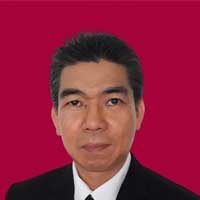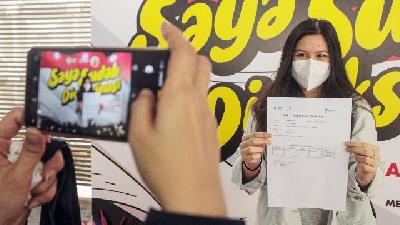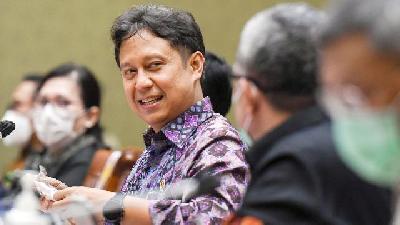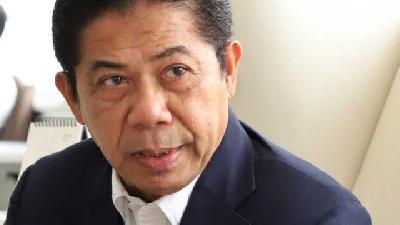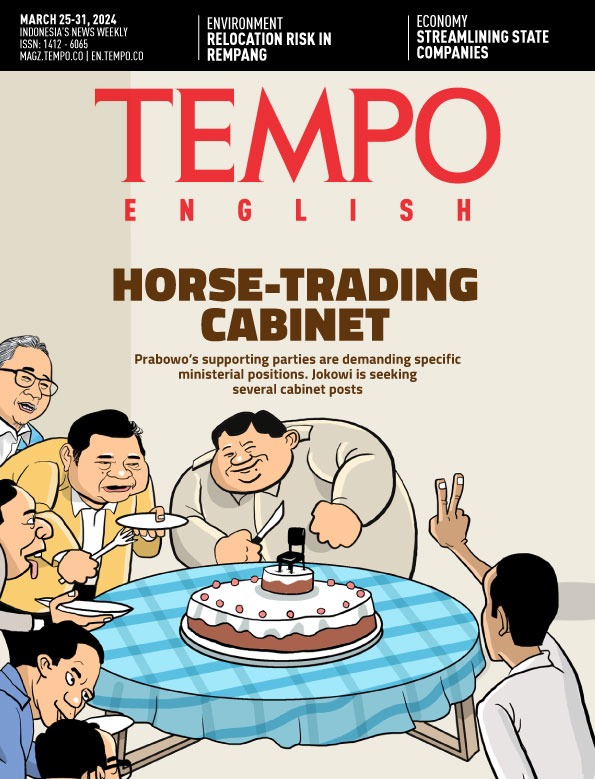Surabaya's Waste Reduction Strategy
Monday, February 22, 2021
The government of the City of Surabaya excels in waste management by involving the residents. The key is in budget allocation and a supportive bureaucratic structure.
arsip tempo : 171361510023.

TWO fully-loaded garbage carts stood in front of a building with a board saying ‘Jambangan Recycling Center’ at the Jambangan sub-district in Surabaya, East Java on Monday, February 15. Under the scorching sun, two attendants moved the waste from the carts to a conveyor belt. A variety of household rubbish moved into the building through a hole in the wall. Inside, other attendants were ready for the next step.
Through a 30-met
...
Subscribe to continue reading.
We craft news with stories.
 For the benefits of subscribing to Digital Tempo, See More
For the benefits of subscribing to Digital Tempo, See More




